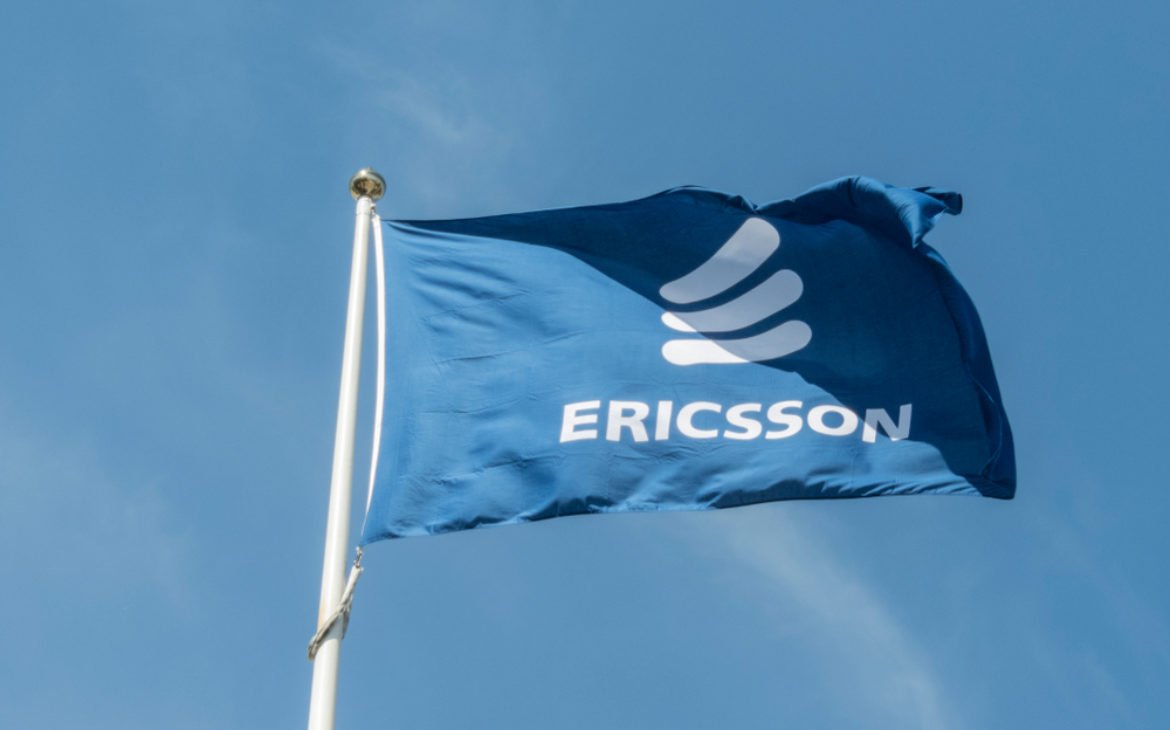Following locations in Zagreb, Split and Osijek, Ericsson Nikola Tesla has opened its Rijeka branch and announced plans to employ dozens of people working in ICT and STEM.
Ericsson Nikola Tesla CEO Gordana Kovačević said in a statement: “The opening of the Rijeka office is another step in our company’s development. I believe that our Rijeka office will grow rapidly and become, like our other locations, a hub of ICT experts who will contribute to the digital transformation of Croatia by working on the latest technologies and developing modern ICT solutions, products and services.”
She added that several ICT experts have already been hired at the new branch, and the door is still open for STEM experts from Rijeka, Istria and Primorje-Gorski Kotar County, who now have the opportunity to stay and work in Croatia as well as cooperate with the rest of the world.
ERNT has more than 3,500 employees, with the largest number of software designers working in Croatia – 1,800 of them.
Ivo Zubčić is a developer who could find work anywhere in the world, but he still decided to stay in Rijeka. “Salary is an important segment of life, so it played a role when decided whether to accept this job or not. It is definitely satisfactory, but so are all other factors, from collegiality, to a certain human approach,” he told RTL News.
The average Croatian salary in the IT sector is HRK 12,600 (approx. $1700), and experienced developers earn over HRK 19,000 (approx. $2700) per month. Rising wages correlate to the growing demand for such professionals, which there are not enough. “As an example, I can note that Europe has set a goal to grow from today’s 8.4 million ICT professionals to over 20 million by 2030. Therefore, digital Croatia also needs vast numbers of ICT experts,” the company president explained.
Mayor Marko Filipović pointed out that Rijeka is the leading smart city in Croatia and that he has long recognized the need to develop and further research smart technologies in order to generate new or improved products and processes, increase economic competitiveness and create new jobs.
However, the incentive to stay in Croatia is not only salaries, but also the opportunity to develop their innovativeness. For instance, Barbara Pavelić Grbić, cloud network manager at Ericsson, states: “The idea is to cover a space, be it a warehouse, a factory or some other area, with a 5G network. This is an example of one of the things such an organization can do; that is, an automated inventory of a warehouse or similar area, accelerated, with no days off as a result of doing inventory.”
At the opening ceremony of the Rijeka office, ERNT signed an agreement with the Faculty of Humanities and Social Sciences in Rijeka for cooperation on the project titled Development of modern communication technologies in commercial applications and industry, which is, as the company highlights, “an example of ideal synergy for multidisciplinary technology solutions”.
